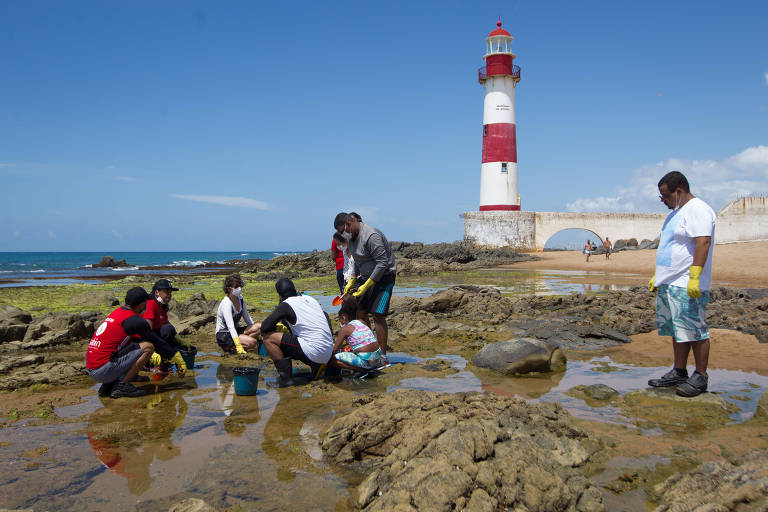Even with the increase in oil revenues and the projected growth of exports, Brazil does not require the allocation of oil royalties to disaster prevention and cleanup.
In the current oil crisis that hit the Northeast beach in August, IBAMA (Brazilian Institute of Environment and Renewable Natural Resources) has been using resources from other sources to cover costs. Petrobras, which is responsible for the beach cleanup, is spending money from its cash under the promise of reimbursement, as it is not responsible for the leak.
Costs include the dispersion of technicians to coordinate the work, hiring of labor to remove oil, safety equipment rental, transportation of collected oil, and use of aircraft and vessels during the emergency.
Until 2012, the law governing the distribution of oil royalties provided that part of the resources allocated to the Ministries of Environment and Science and Technology would be invested in the prevention and response to pollution and environmental damage by the oil industry.
The law that changed the rules, creating the Social Fund and allocating part of the revenue for education and health, eliminated this obligation.
In 2013, the year after the change, revenues from royalties and special interests on oil production in Brazil totaled R$ 42.9 billion, in inflation-adjusted amounts until December 2018. Last year, they reached a record R$ 53 billion.
Translated by Kiratiana Freelon
